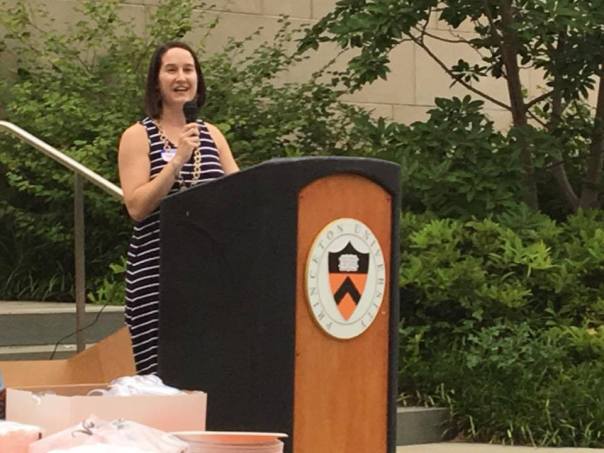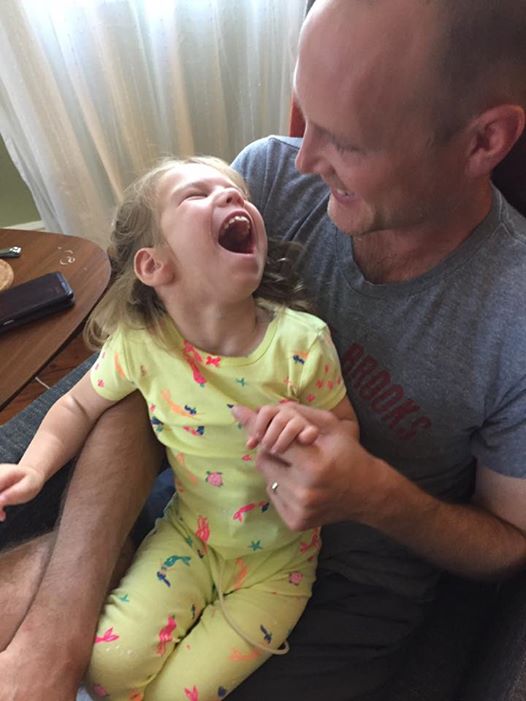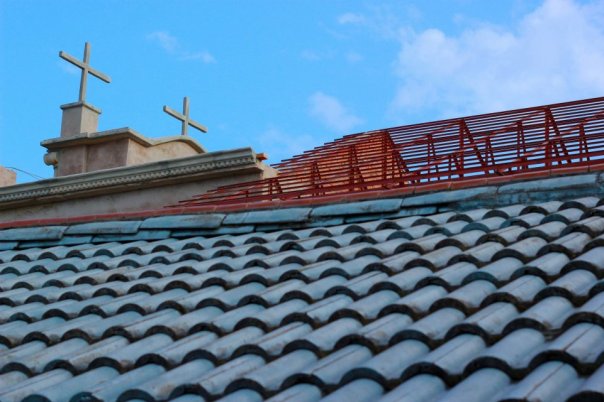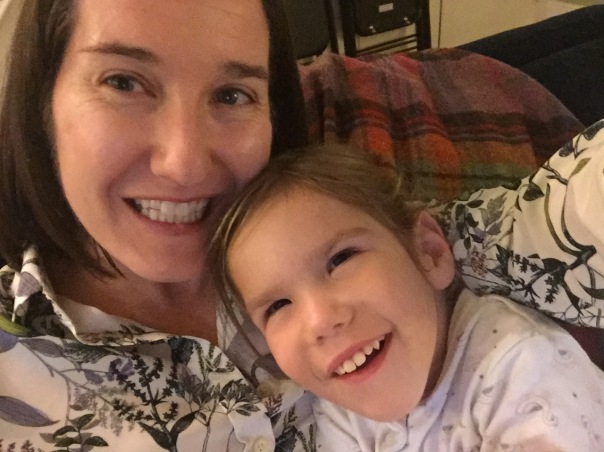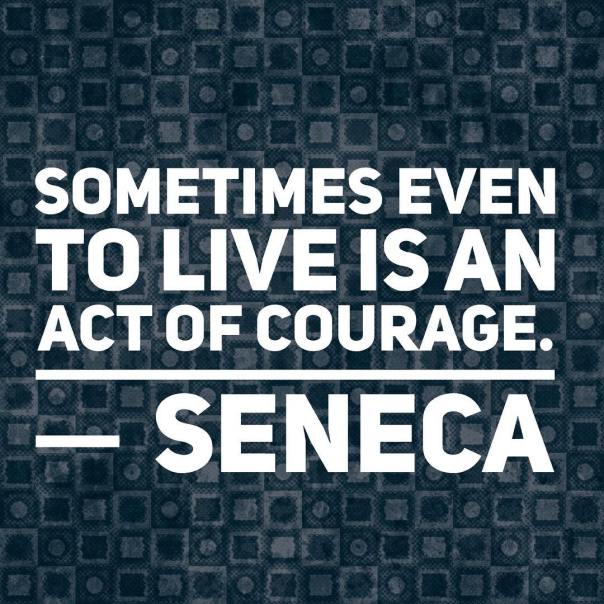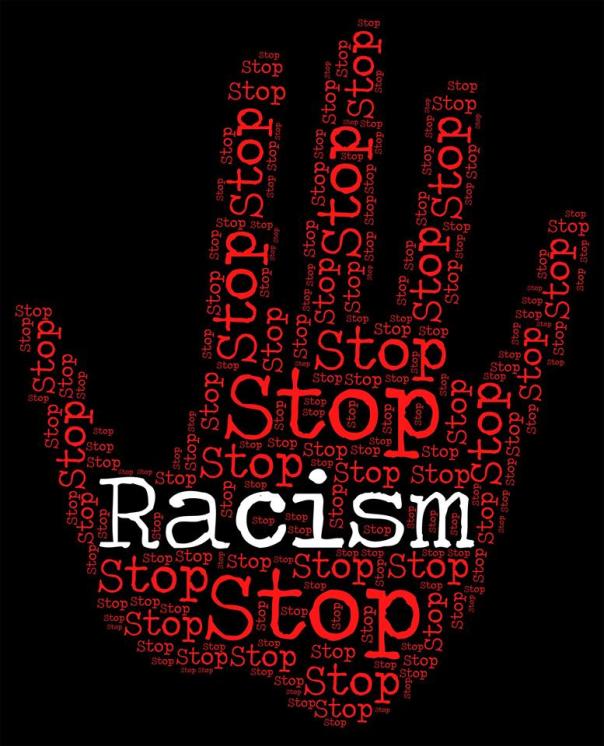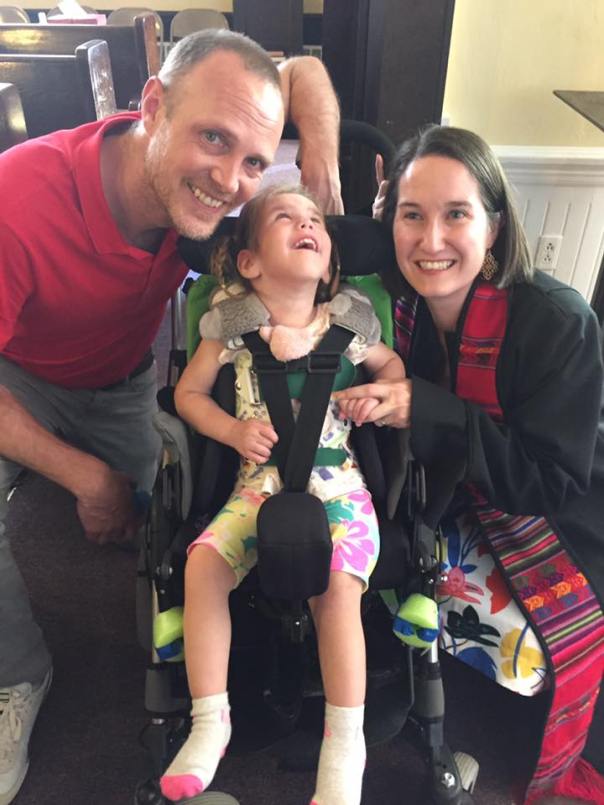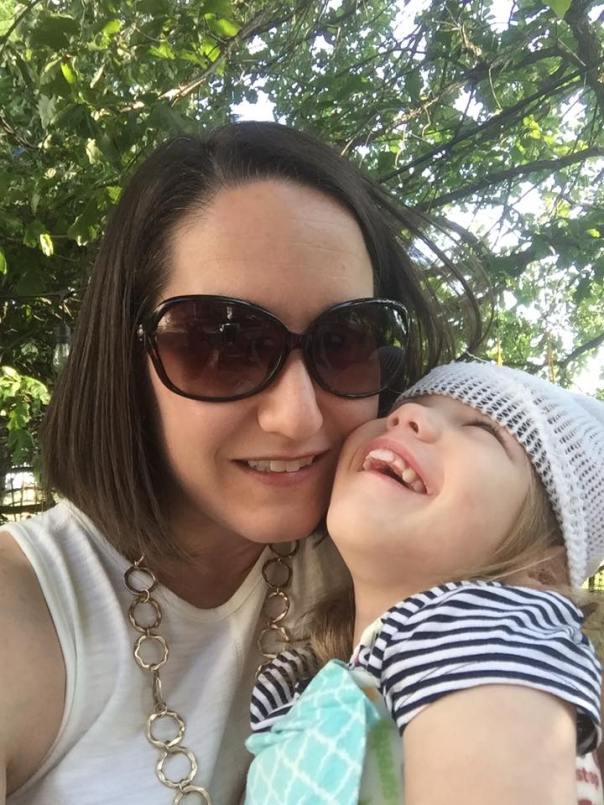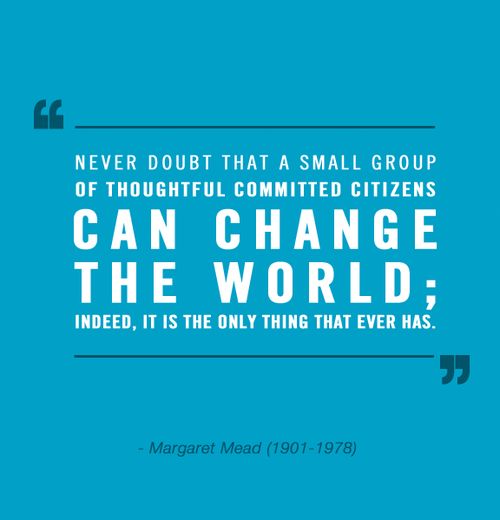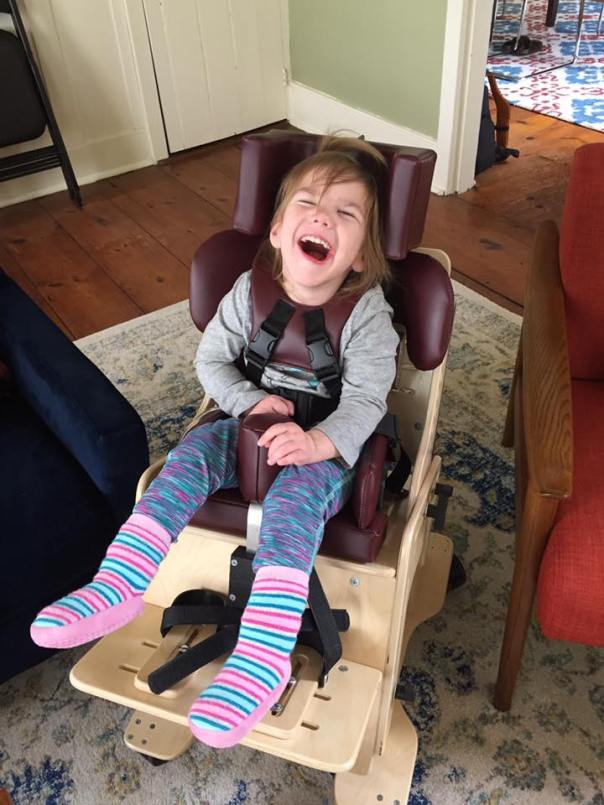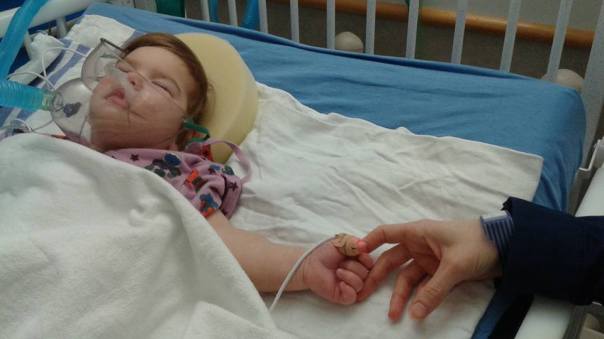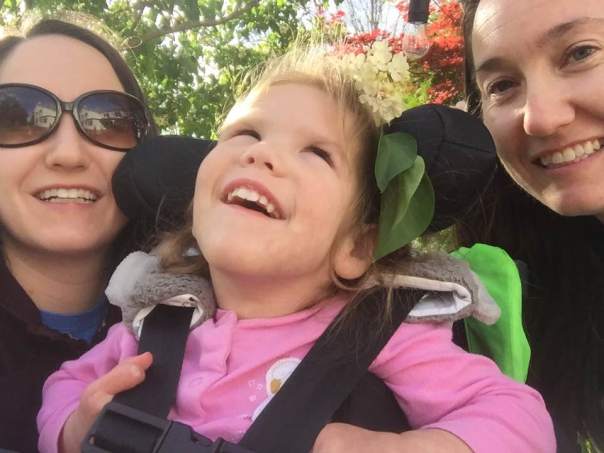
This week we’ve seen children confined to cages, heard their screams as they’re ripped from their parents and witnessed our president bend to public and political pressure to amend his callous “zero tolerance policy” at the border. Yet, thousands of migrant children remain separated from their families, and I keep wondering if we’ve learned anything from all this. The government has wanted us to see a chasm between those families at the border and our own. In place of what could be a common humanity, a desperate dare-we-say American-like doggedness to seek a better life for their persecuted families, Trump and his allies have offered fraud, smuggling, and criminal behavior as self-inflicted explanations for migrant families’ plight. So perhaps what we’ve been faced with this week is the hearty evidence that not all families, let alone all childhoods, are created equal in America…
But isn’t this something we already knew?
We know that being needy makes you vulnerable in America, but whereas teenagers marching for “black lives matter” are vilified for lives lost, the white teenage activists from Marjorie Stoneman Douglas High are praised for their activism. It seems what we’re encountering is something even more pernicious than the inequalities themselves, rather the realization that not even all need is created equal. Since the election, I have been desperately sharing my own story to keep the lives of families with children with disabilities, alongside the lives of so many other marginalized families, in view; however, it only recently occurred to me that by telling our story, I may be rendering further invisible families like the ones being turned away at our borders.
You see, while my family’s need for life-sustaining Medicaid for our medically fragile child elicits incredible sympathy, that’s largely because my daughter’s disability is often viewed as an underserved tragedy that has befallen a white, educated, hard-working, affluent, heterosexual couple. But while so many other families on Medicaid (especially families of color), equally needy to mine, are belittled for their poverty, chastised or blamed for the presumed neglect, fraud, or abuse that put them into the system in the first place, a common response to my family’s vulnerability is not just pity, but often, congratulation. We are heralded for our love and our sacrifice for our daughter. Meanwhile, the very nurses employed through Medicaid who tend to our daughter, monitoring her heart rate, seizures, and breathing overnight, are immigrants like those being turned away at the border. They work in unsteady employment for low wages, rarely receive healthcare, and they have either already left their children behind in their countries of origin in order to provide for them, or they leave their children in the care of others, so that my family can sleep at night.
These migrant families are part of what scholars have called the global chains of kinship and reproduction, stratified care work that elevates some families on the backs of others. If you think about it, certain groups of immigrants, children who are “rescued” through inter-country adoption or born through international surrogacy, are uplifted, generously welcomed into our borders and our citizenship, while the families they came from, foster mothers, surrogates, nannies, and other care workers, languish in the shadows, families already torn apart yet silently, incrementally, with little fanfare. Thus, the separation of families at the border is but a visible demonstration of the invisible borders we often perilously draw around our own family lives.
The myth of the modern family and this tireless invocation of the need for “family values” suggests that each family stands alone. Yet, in articulating my family’s story of need I’ve become aware of the ways we are uncomfortably and unevenly indebted to one another. I’d like to believe that with the outcry on social media and the political pressure brought by the public upon the administration’s immigration policies, a new kind of family values is emerging that does not deny, yet makes visible these inequalities and the families who have endured them in the pursuit of wellbeing and freedom.
But the challenge comes in both maintaining our common humanity and acknowledging the injustices that bind and separate us from one another. We cannot afford to look away, for it will cost us all our humanity. But we also cannot afford to go on living our fictional, solitary lives while asylum is being criminalized, need is being stigmatized, racialized, and vilified, and children with families are being abused and institutionalized. My family, likely your family, needs these persecuted families, whether we choose to admit it or not. If we cannot break the global chains of inequality, perhaps we can at least qualify and dignify the emotional labor that families like mine benefit from everyday. We can refuse to participate in the politics that slander the need of some to elevate and fulfill the needs of others. We can turn away from pity and charity and toward justice, mercy, and grace.
And we can demand that America must do better by all of its families, especially those who have so painfully paid the price of vulnerability, so that others can thrive.
